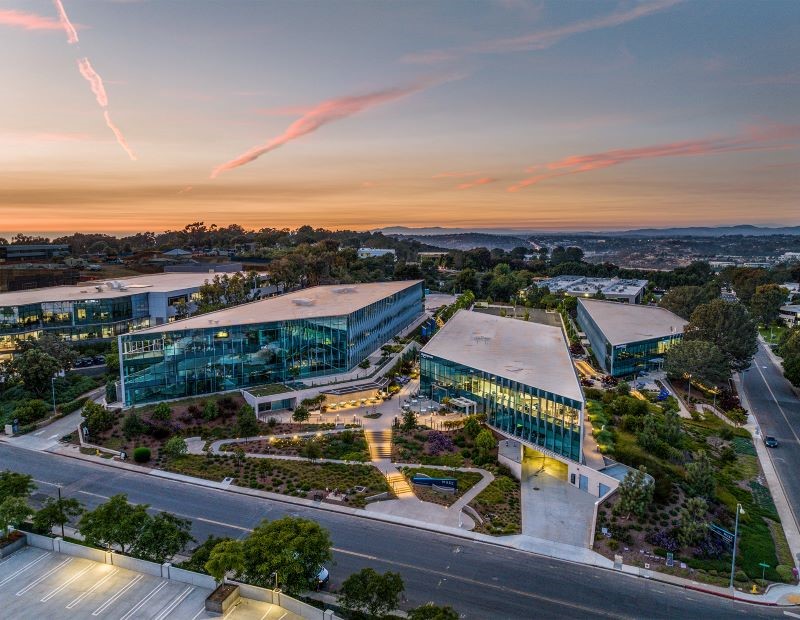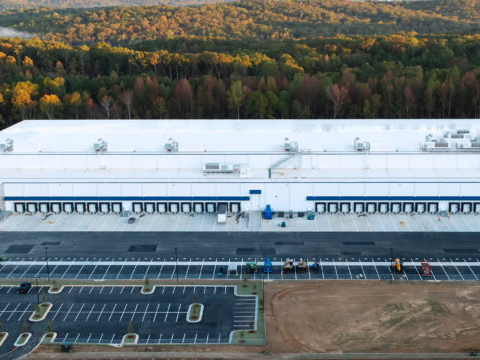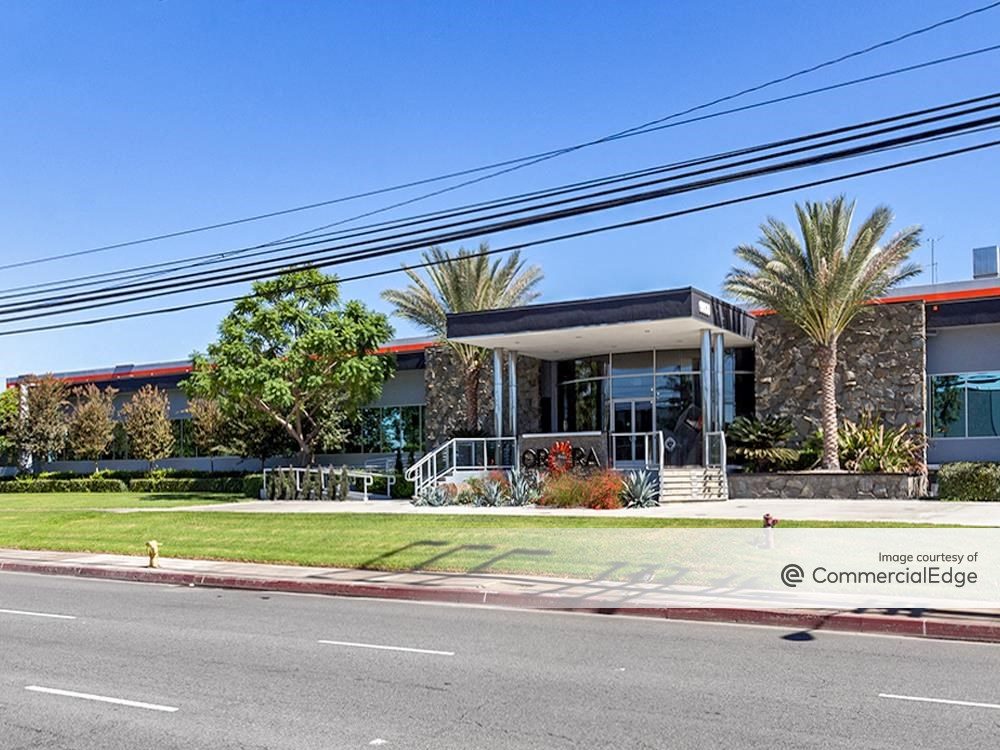Get Ready for the Driverless Revolution
The veteran Deloitte consultants explain the opportunities and challenges created by the new technology.
By Steven Bandolik and Kenneth Meyer
Experts from a wide range of industries agree that the coming decade will be defined by the automation of the automobile. When we discuss the future of mobility, which is also detailed in Deloitte’s 2017 outlook, it’s important to understand that the trend is much bigger than driverless cars or any one sector—it’s about how people use real estate and the space around them.
As the number of individually-owned cars declines, the shift to car-sharing, ride-sharing, and autonomous vehicles will affect commercial real estate in multiple ways. Our columns in the November 2016 and December 2016 issues of CPE touched on the trend as it relates to smart cities and investment. This month, we’ll explore the two areas where autonomous cars stand to have the greatest impact on real estate’s bottom line: parking and mass transit.
Boosting Value for Underachievers
In a future tailored to driverless cars, parking lots—often viewed as underproductive assets that sit unused much of the time—will be less essential than they are today. A shared, driverless “pod” could pick up passengers, drop them off at workplaces or other destinations, and return later in the day to bring them home. Such a vehicle is nearly fully utilized, and almost never sits unproductively at rest in a parking lot.
Freed from the necessity to accommodate hundreds or thousands of cars, retail and office property owners could reduce the footprint dedicated to parking and focus on building additional rentable square footage. Even though parking facilities will get somewhat smaller over time, people will still want and be able to drive their own vehicles and will need places to store and have easy access to them.
This ultimately would provide opportunities to develop more profit-generating real estate across a broad spectrum of asset categories—retail, office and multfamily and parking (commercial and residential).
Micro Mass Transit
Another dimension of the evolving transportation ecosystem is that we are likely to see a greater reliance on what is called “micro mass transit.” Some observers believe that mass-transit networks could eventually rely on smaller buses that will extend mobility to neighborhoods not adequately served by conventional buses and trains.
This shift to more agile mass transit – coupled with widespread use of lower-cost, efficient, autonomous vehicles–has the potential to transform neighborhoods by creating greater accessibility/connectivity and consequently increasing their value. This could even have a ripple effect on office, retail, or residential properties that are not located on main transportation lines.
Act Now
The growing popularity of driverless technology underscores the urgency of the trend. Most commercial real estate companies seem to be projecting that the technology will be commercially available within the next five to 10 years. Given the gestation periods associated with development, however, the time to start planning for this change is now. Transforming real estate, of course, demands attention to zoning, finance, regulations and design, not to mention the intricacies of construction. This is today’s issue, and real estate decision-makers must get ahead of a curve that is rising exponentially.
Steven Bandolik is a managing director with Deloitte Services LP and a senior leader in Deloitte’s real estate services practice. A 30-year industry veteran, he provides advisory services in a wide range of business areas, including capital markets, corporate finance, mergers and acquisitions, investments, restructuring and reorganization, workouts and asset recovery.
Kenneth Meyer, a principal with Deloitte Consulting LLP, has more than 20 years’ experience serving the real estate industry and corporate real estate clients. He is the national leader of Deloitte’s Real Estate Consulting practice and is a member of Deloitte Consulting LLP’s Future of Mobility practice, advising clients on the impact of autonomous vehicles and other trends. Ken has helped leading real estate organizations develop strategic, operational, financial modeling and technical initiatives. He works on a variety of strategic issues, such as corporate expansion, due diligence, financial analysis, post-merger integration, operational redesign for leasing, management, and finance/accounting.








You must be logged in to post a comment.